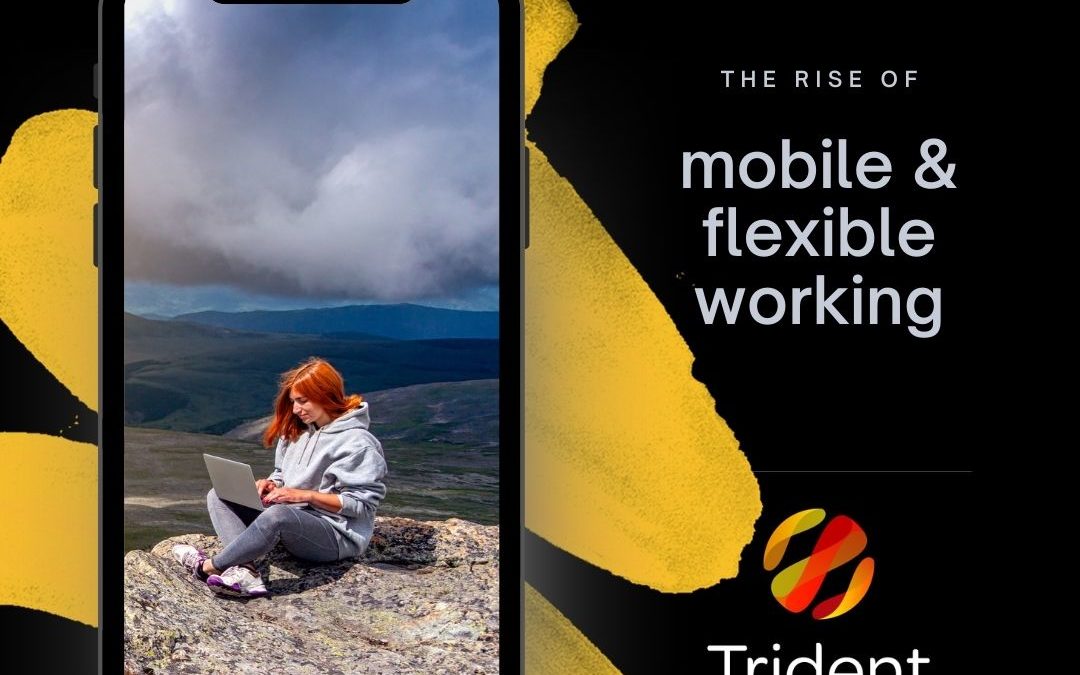The Common Challenges You Can Overcome
It isn’t always possible to establish clear remote-work policies and training in advance, particularly at a time of crisis when things change rapidly as circumstance change. Being proactive and researching what could be required even when there is little time to prepare will take little effort but will improve the engagement and productivity of remote employees.
Common Challenges of Remote Work
Line managers need to understand why remote working could become especially demanding. This will help better understand why high-performing employees may experience a decline in job performance and engagement when they begin working remotely.
They may struggle with:
- Lack of face-to-face supervision: Managers and their employees often express concerns about the lack of face-to-face interaction.
- Managers worry that employees will not work as hard or as efficiently, whilst employees struggle with reduced access to managerial support and communication.
- Lack of access to information: If employees have not worked remotely before they may be surprised by the additional time and effort required to find information from co-workers.
- Social isolation: The biggest issue that remote workers face is loneliness, employees miss the informal social interaction of an office setting. It is thought that extroverts may suffer from isolation more in the short run, particularly if they do not have opportunities to connect with others in their remote-work environment. Longer term employees may feel like they don’t belong and seek to leave employment.
- Distractions at home: It is inevitable that employees will be distracted when working from home. Employers should expect these distractions especially during any unplanned work from home transition, i.e., home schooling. We would recommend you help with a dedicated workspace where possible with the correct equipment etc.
How Trident can help:
Companies can help support successful
working from home and overcome technical challenges; here are some ways you can make it work:
- Establish automated structured daily check-ins: Check in daily with your employee/s either one to one or as a team with a video call. The important thing to remember here is that it needs to be scheduled regular contact so they know they have somewhere they can voice any concerns.
- Provide the right type of communication technology: Email is the most popular use of communication but sometimes the context can be misconstrued. Zoom, Teams and other methods of video conferencing have fast become visual methods and help employees feel less isolated also.
Just picking up the phone for a conversation and a quick update is a simple and efficient communication tool. - Teams and Slack are excellent for collaboration.
If your company doesn’t have this tech in place, there are quick fixes to put them in place, speak to us about the options - Establish “rules of engagement”: Remote work becomes more efficient and satisfying when managers set expectations for the frequency, means, and ideal timing of communication for their teams.
The most important factor is that all employees share the same set of expectations for communication. - Effective monitoring and management: Technology is great when it works but in the event it doesnt, then we’ll make sure you and your team have the right result to keep everyone connected.
Call us on 01932 842 009
Management Tips for Remote Working
Provide opportunities for remote social interaction: Start your call earlier to allow for a 5 minute catch up or end with a wind down. Arrange for virtual parties, i.e. a pizza party would mean a pizza being delivered to your employee and you all eat and chat together via video conferencing.
This will promote a sense of belonging.
Offer encouragement and emotional support: With mental health issue on the increase it is important to acknowledge your employees anxieties an concerns. Listen carefully to their responses and ensure they know that they are the focus of the conversation.
As a Manager acknowledge the stress and anxiety provide confidence by using phrases such as “we’ve got this,” or “this is tough, but I know we can handle it,” or “let’s look for ways to use our strengths during this time.” With this support, employees are more likely to take up the challenge of mobile working.
Related Articles

The rise of flexible working
The Common Challenges You Can Overcome Hosted Telephony, or unified communications if you prefer, is quickly becoming the number one way many businesses are choosing to go when it comes to deciding the future of their communications solutions. Cloud-based...

Broadband, Leased Lines & WiFi
Broadband, Leased lines & WiFiBroadband for Home Workers Many important employees now work from home, but often residential broadband connections do not deliver the speed and reliability needed due to contention ratios and poor local networks. System...

Broadband, Leased Lines & WiFi
Broadband, Leased lines & WiFiBroadband for Home Workers Many important employees now work from home, but often residential broadband connections do not deliver the speed and reliability needed due to contention ratios and poor local networks. System...

